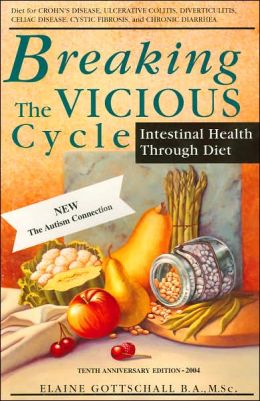Last Saturday night, our world changed. This change has the potential to reduce my bi-polar symptoms, decrease my medication dosage and hinder David relapsing into cancer. It can help move us towards greater vitality, steadier energy levels and better quality of life.
It’s simple, really. We went to a friend’s house for dinner. Like me, she has bi-polar, and they told us about some of the ways they holistically manage her symptoms. The biggest surprise factor: nutrition.
David and I have always eaten what we have considered generally healthy. I bought whole grains, lots of local fruits and vegetables and organic meats. We ate meat only once or twice a week, supplementing protein with soaked beans, fish, nuts and seeds.
Yet surviving this winter has continued to be a daily struggle for me. Anxiety and depression have plagued my body and my mind. My energy levels rise and fall unpredictably within a given day or week. In the extremes, I have been reduced to paranoia, crying fits, laying limp on the couch or leaving social functions early.
Enter SCD: the Simple Carbohydrate Diet. The word “diet” has negative connotations for me because I associate them with low body-image and weight loss, but that is not the purpose of this diet. SCD is actually a nutrition plan for eliminating foods that hurt the gut. While the diet targets sickness in the intestines such as celiac disease and cystic fibrosis, my friend has seen marked improvement in her mental health by following this nutritional plan.
I have long heard that health begins in the gut. My friend is living proof that what we eat affects how we think and feel. She has lowered her medications and improved her mental peace.
As my friend put it, SCD eliminates “the white stuff,” refined sugars, grains and processed foods that contain them, because their low nutritional value and digestive processes creates toxic conditions in the gut and, therefore, the rest of the body.
The energy levels created by these foods also dips up and down heavily instead of steadily. This wreaks havoc on the adrenals, which are already hypersensitive in my bipolar-sick brain.
SCD is detailed in the book my friend lent me, Breaking the Vicious Cycle: Intestinal Health Through Diet by Elaine Gottschall. I have now read the book, and David and I have been talking. David was on a similar nutrition plan when he had cancer and believes it was part of what made him cancer-free.
In the interest of life and longevity, we have decided to phase ourselves onto SCD. We’ve ditched the sugar and are watching its presence in the prepared condiments in our kitchen. I still have steel cut oats, whole wheat bread and couscous in the pantry. Because our budget is tight, we are going to limit our intake of those items, then eliminate them from our kitchen when they are gone. Slow and steady.
We are also going to try a cleanse using the principles of the Body Ecology Diet, the second book my friend lent us. Stay tuned for my next installment: cleansing the gut and making BED (Body Ecology Diet) work for us.
Have any of you tried nutritional plans to help combat mental health or decrease the likelihood of cancer relapse? What has been your experience? We are learning every day and would love to learn from you.


I’ve got the gaps diet book if you want to look at that one. If I wasn’t in the child-bearing stage (meaning pregnant, nursing, or sometimes both) I would probably be doing it to heal my own med stuff. I have done lots of diet modifications and I think making sure you find nutrient rich foods to replace tge ones you are giving up is key. I don’t mean analogous ones (like sweet potatoes in place of regular potatoes) neccessarily, but for example, increasing my healthy fats intake when I decrease my sugar/carb intake.
Sure, I’d be interested to read that as well. I can always learn more about nutrition. Thanks Faith!